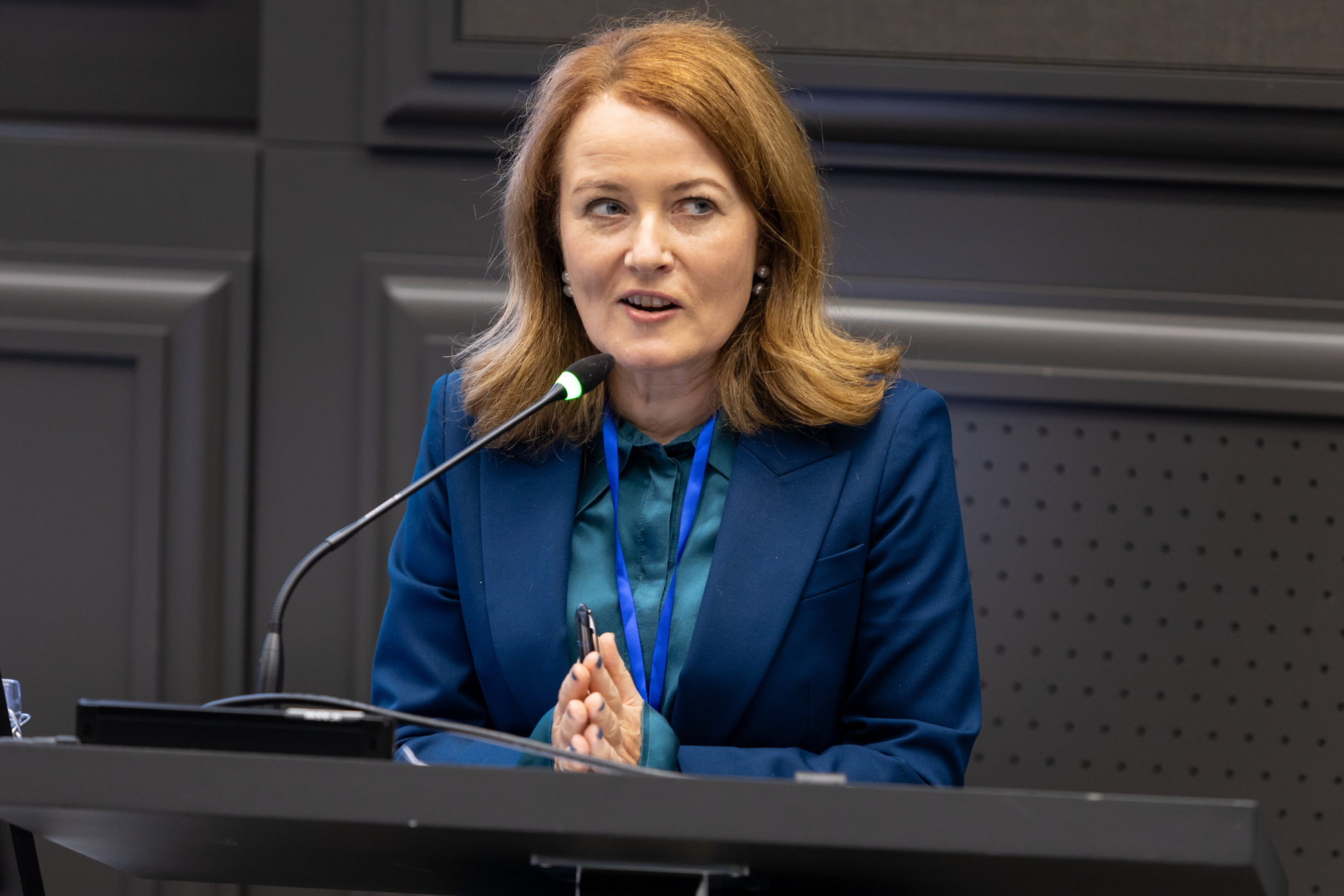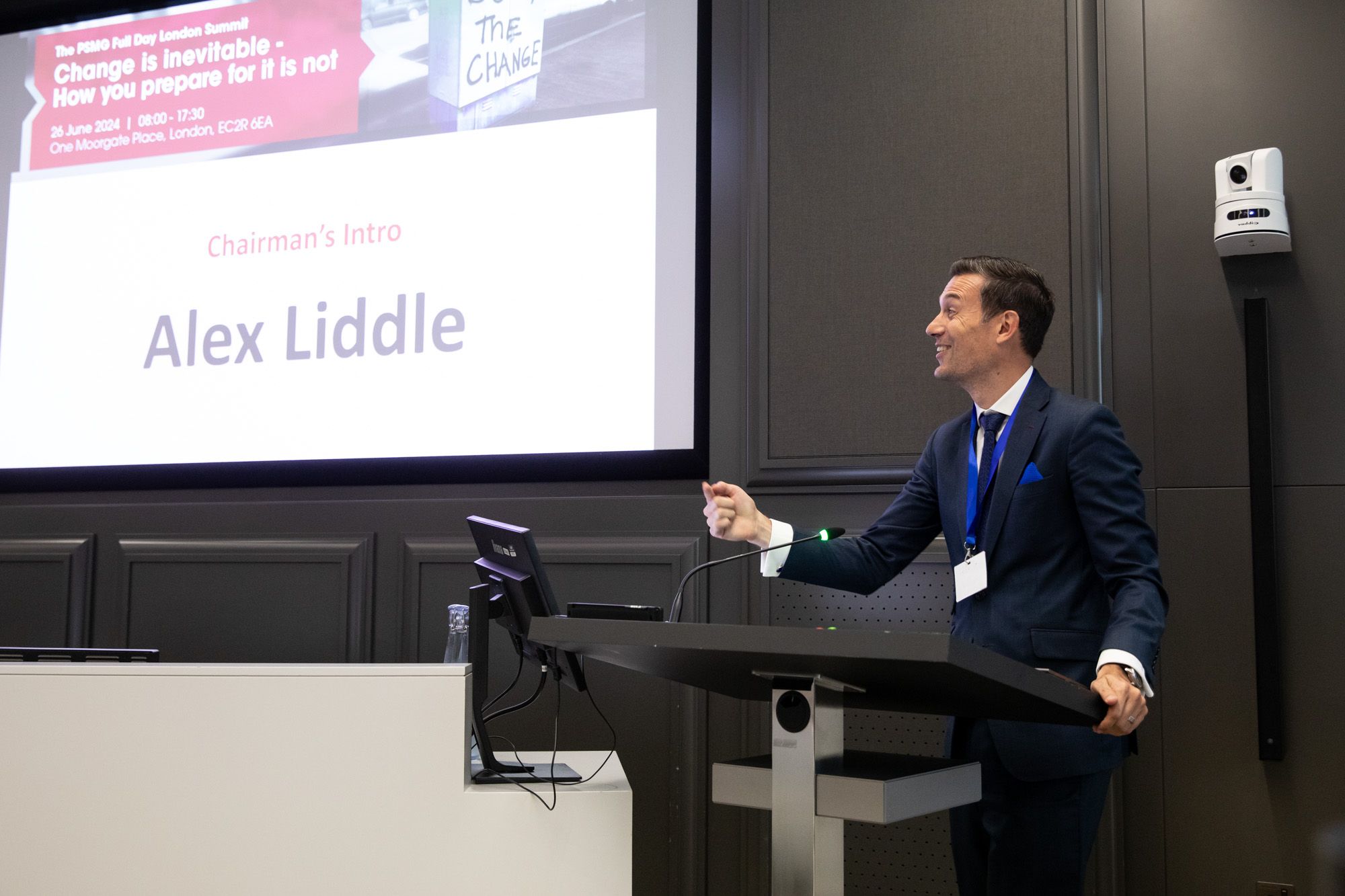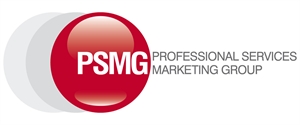Conference
The 2025 PSMG Full Day London Summit: Thriving in an age of continuous reinvention
Tue, 11 Nov 2025

Updated conference overview to take into account "hot off the press" PwC's 34th Annual Law Firm Survey 2025"
The role of marketing and business development is set to become ever-more crucial in steering the resilience and reinvention required for the years ahead. It’s a fact highlighted by PwC in its newly published Annual Law Firms Survey.
PwC’s 2025 Survey "Resilience and recalibration: navigating the legal sector’s inflection point” has built upon last year’s survey which highlighted the need for firms to address wider productivity and growth challenges and to embrace innovation, undertake transformation of operating models and rethink the size and shape of the future workforce.
This Autumn’s survey reveals overall, the Top 100 firms are experiencing an intensified sense of risk and uncertainty regarding their prospects for success.
Unsurprisingly, given the ongoing impact of tariffs, persistent global conflicts, and domestic political challenges, concerns about macroeconomic and geopolitical instability have risen sharply in 2025.
These anxieties are particularly pronounced among larger firms and those with significant international exposure. Conversely, managing cost inflation is no longer viewed as a pressing issue.
With high inflation now largely behind us, and wage pressures tempered by a softer labour market, firms are further reassured by expectations of increased automation and the adoption of new and emerging technologies.
Additionally, apprehension about disruptive business models has diminished significantly. Initial fears surrounding the rise of AI-driven law firms appear to have subsided, and firms are once again relying on the substantial barriers to entry that characterise the sector.
Revenue and profit in the legal sector have continued to grow in FY25 and the UK market has performed well, particularly on a global scale. But, the continued geopolitical pressures, increasing cyber threats and the disruptive potential of AI are creating a challenging environment that is dividing firms across the market and increasing the need for greater resilience.
The adoption of AI is accelerating at pace and whilst over half of the Top 50 firms are seeing the financial and productivity benefits from AI tools, there is a growing apprehension around price erosion and downward fee pressure.
To drive growth more successfully, firms need to distinguish themselves through more effective execution with targeted investments in marketing and business development, lateral hiring and improved pricing strategy and controls.
The role of Marketing and Business Development will, therefore, be crucial in steering the resilience and reinvention required of both internal and external stakeholders, together with the adoption of future skills essential for ourselves and our teams to prosper, whilst operating in an increasingly complex environment.
The 2025 PSMG Annual London Summit is your opportunity to explore the critical theme of reinvention—a challenge facing every business in today’s rapidly shifting landscape.
An exciting period of opportunity awaits us – let’s grab it with both hands!

PSMG Change is Inevitable Summit 2024

Change is inevitable - How you prepare for it is not!
Keeping Marketing and Business Development at the heart of transformation is essential. But how do we change the relationships between our partners, clients and peers to fuel success, increase growth, and cement our professional standing? We start by leading and informing that change. Because without it, becoming obsolete is perhaps our greatest threat.
Culture is like the air around us. It’s invisible, yet its effect can be seen and felt. When the wind is blowing in our direction, it makes for smooth sailing, but when it is against us everything is more challenging and unsettling.
As the global community emerged from the pandemic, business leaders had to lay foundations for organisations to thrive in a different world. It’s widely believed Covid accelerated three types of transformation: the adoption of digital technologies, the development of new business models, and the implementation of new ways of working.
Most companies are now engaged in one or more of these types of transformation. Businesses that aren’t — whether because they have ignored the signals or have failed to adapt quickly enough — soon risk becoming irrelevant or even obsolete as are the people within.
While most leaders recognise transformation is imperative, how many really understand the necessary connection between it and culture change? Companies cannot realise the true potential of digital transformation, embrace new business models, or implement new ways of working without supporting changes in organisational behaviours.
This is a hugely exciting time for marketing and business development professionals as we find ourselves at the meeting point of technology, data, business processes, procurement, intelligence, communication, and client experience.
Join us to see how we can position ourselves to influence and leverage the myriad different business lines to help define a firm’s identity, both internally and externally, and remain relevant long into the future.
Don't become obsolete. Be the change you want to see!


